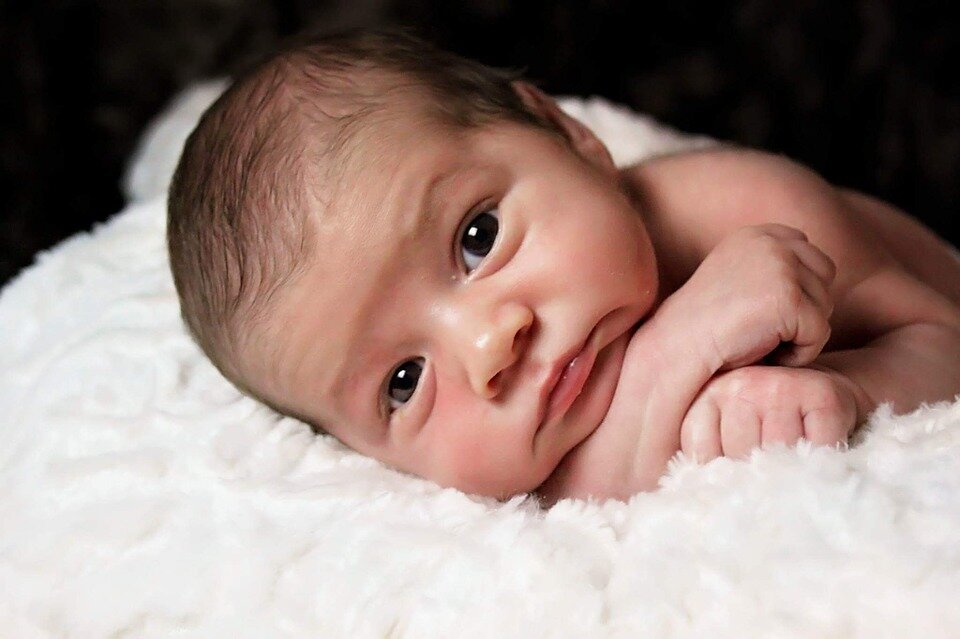This is how you can think more globally - think like a child

Imagine if every moment of your life, you lived like a newborn.
When we come into this world, we see things with eyes for the first time. You can probably remember seeing a young baby or a child exploring something simple, such as a book or a spoon for the first time. And then, as we get older, we become more accustomed to mundane objects.
But even mundane objects have inherent beauty. Trees, clouds, buildings.
We don’t notice them, as they become part of the backdrop. Our eyes get accustomed to seeing them. Or perhaps our eyes are too focused on screens to even notice them.A few months ago, I cycled past a Chinese man standing on the side of the road. He looked like a tourist. He was taking photos of trees, the sun and the sky, and birds chirping. In the past, I might have looked at that man and thought – wow, what a weirdo. As if you’d take photos of something so run of the mill.But these days my perspective has changed.Having lived in Vietnam, China, and Cambodia, for 8 years, and I’ve realised that the simple things we take for granted are not the norm for the majority of people in the world.
How many times have you thought consciously about what it takes to turn on a tap and drink a glass of water?
Outside of Oceania and North America, this is not the norm. There are no countries in Africa, nor South America, and only 6 countries in Asia, where you can get away with doing this. More than half the world isn’t as lucky as us when it comes to tap water.Wouldn’t it be better if we could all be like that Chinese man I saw? If every time we did something, we were looking at it as if we were a newborn? Every time you turned on a tap to drink water, wouldn’t it be better to remember that less than half the world has that privilege? It’s one thing to know your privilege. The scientific benefits of gratitude are well-documented. But as important as that is, it is still ultimately self-serving.
It’s one thing to know your privilege. The scientific benefits of gratitude are well-documented. But as important as that is, it is still ultimately self-serving.
The question is then: Now that I am aware of my own privilege, what am I going to do next?
Having returned to Australia after setting up a charity that focuses on children with disabilities, I’ve noticed an incredible amount of good intent in my home country. In general, there’s no doubt that people want to help.And there’s also no doubt that people are taking advantage of this. Walking through the centre of Sydney is like an obstacle course of charity fundraisers. There are troupes of university and school students flying overseas to volunteer.All of this activity seems frenetic. Even as someone familiar with international charities, it’s overwhelming. I can only imagine what the ordinary Australian feels. There is no doubt that there is a feeling that action must be taken.A Japanese proverb states:
“Vision without action is a daydream. Action without vision is a nightmare.”
The key thing is not just to take action. It’s to think about what action is going to provide the biggest impact.When we look at others in countries like Cambodia, and think, I need to help, we tend to fall into one of two categories. We either think it’s too hard, or too easy.
Too hard leads to: I do nothing.
Too easy leads to: I do everything – I end up doing something paternalistic (like flying over for a week to do superficial work).
I think we need to re-conceptualise international charity. And we need to rethink how wealthy, privileged people help. This is a topic I’ll discuss this in my next post.In the meantime, I hope you pause for a moment, or for many moments, to reflect on the mundane, everyday things we take for granted. Let’s be more like that Chinese tourist. Let’s be more like a newborn.
